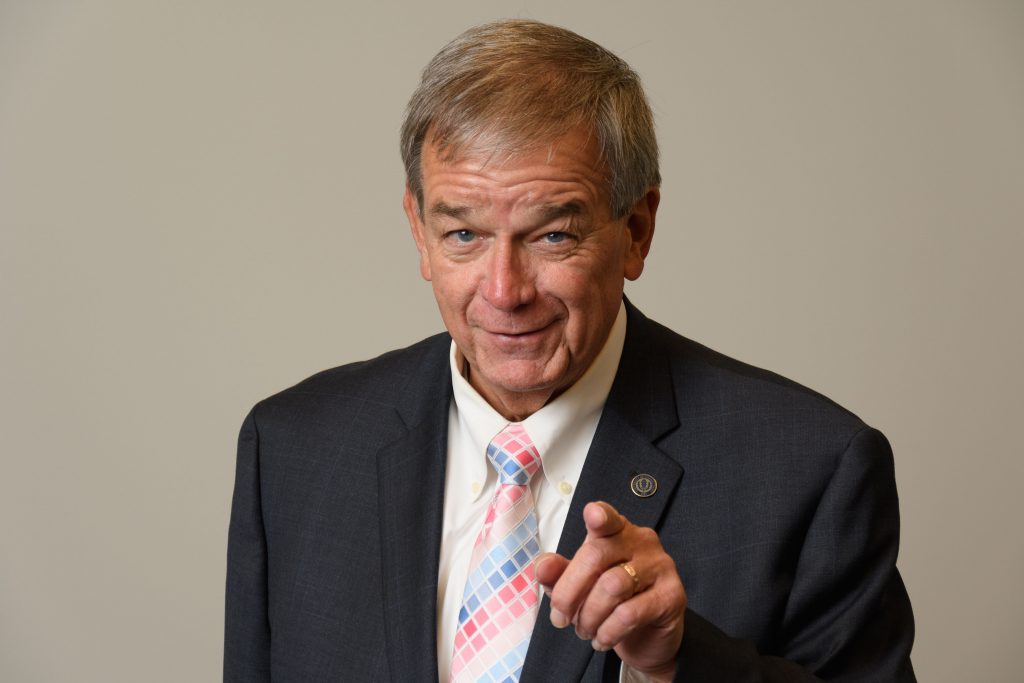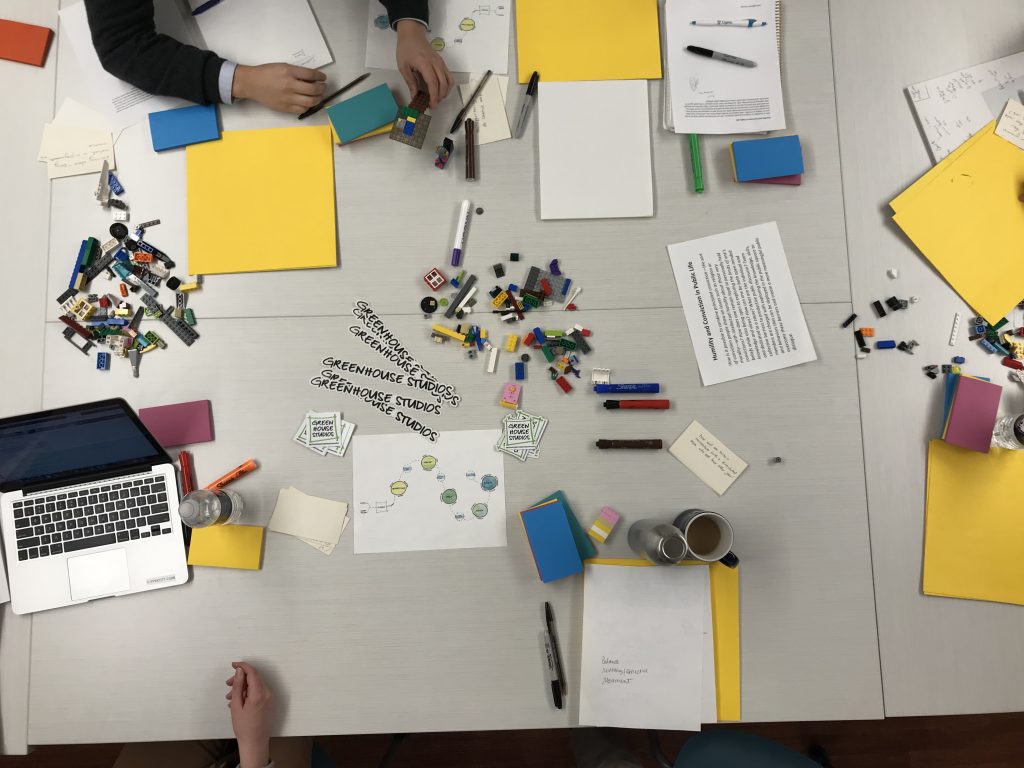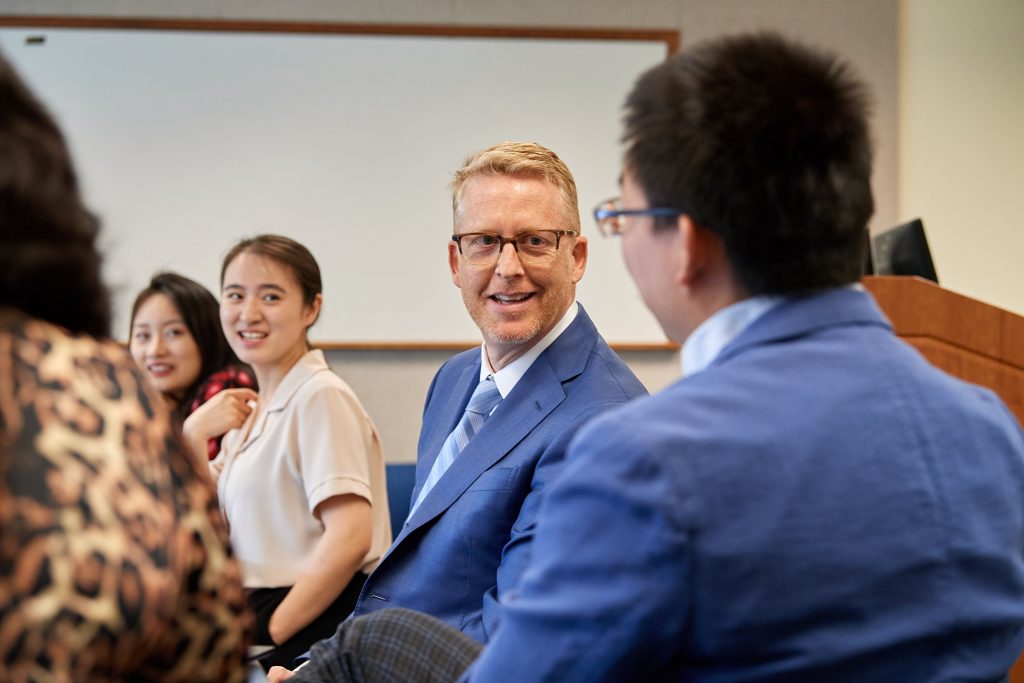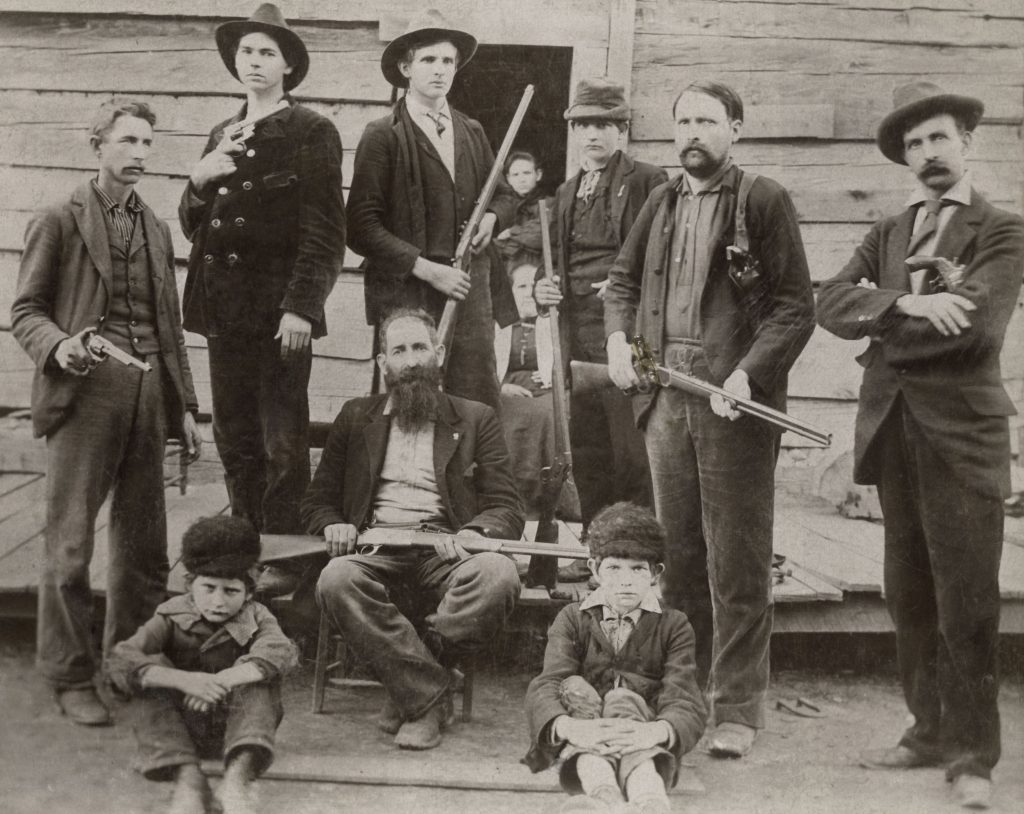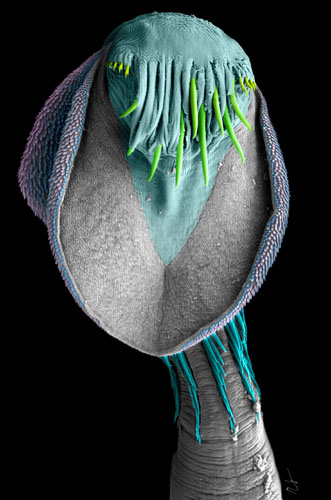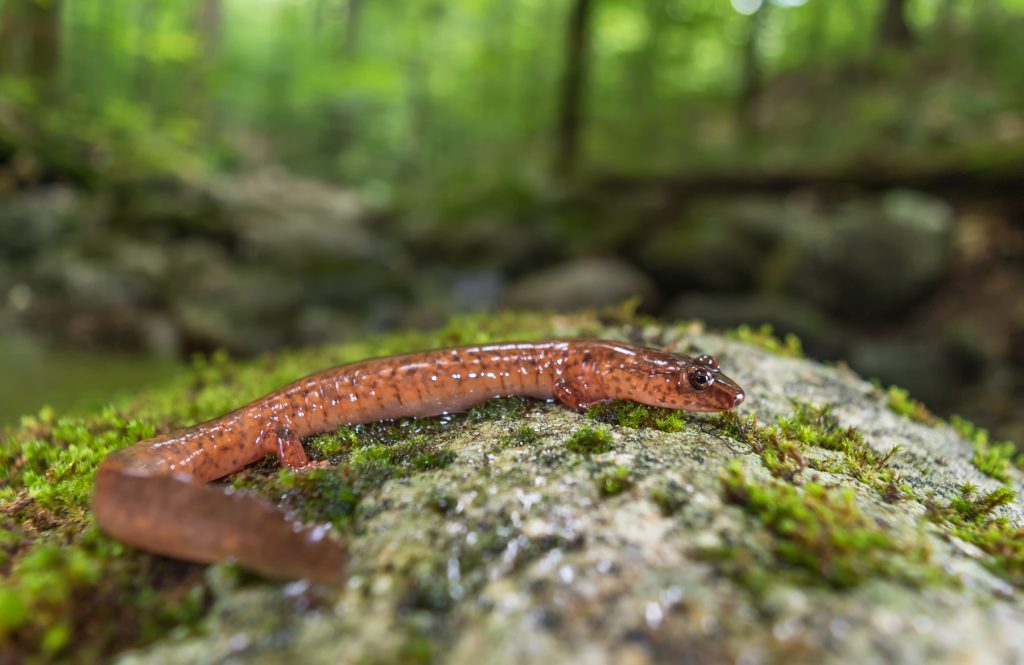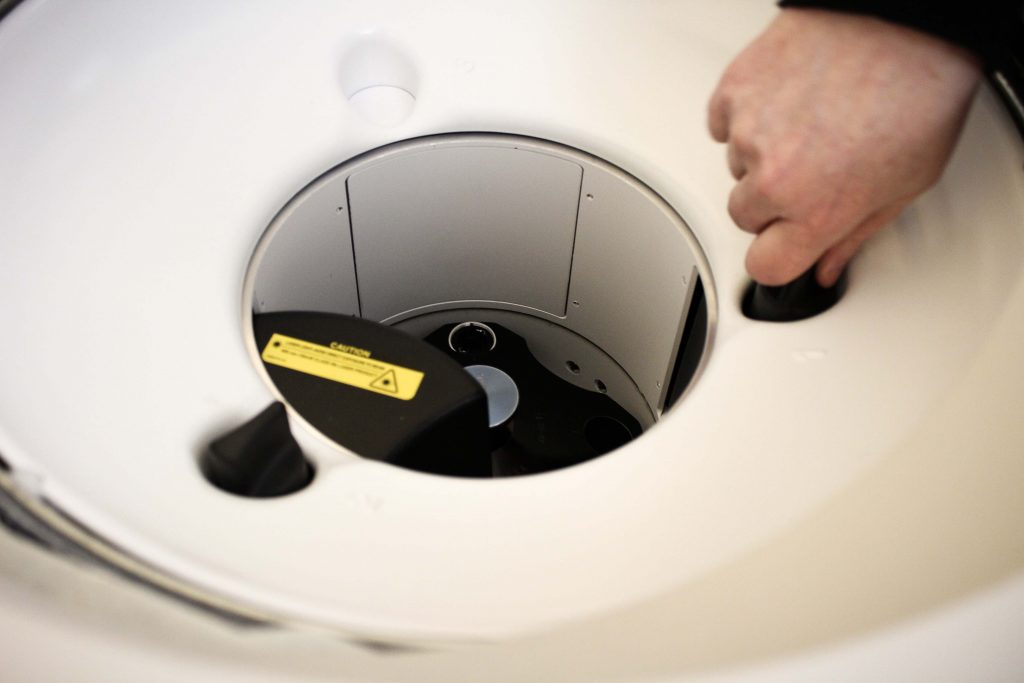College of Liberal Arts and Sciences
Telling Stories With Connecticut State Historian Walter Woodward
Connecticut State Historian talks with UConn 360's Julie Bartucca about storytelling, his own history, and what Connecticut residents should be called.
September 13, 2019 | Julie (Stagis) Bartucca '10 (BUS, CLAS), '19 MBA
Making Digital Scholarship Mainstream
UConn’s Greenhouse Studios aims to reimagine disrupt longstanding academic workflows to better support scholarly publications for the digital age.
September 11, 2019 | Jessica McBride, PhD
Meet the Researcher: Richard Ashby Wilson, Law and Anthropology
World events have always shaped Richard Wilson Ashby's research.
September 10, 2019 | Anna Zarra Aldrich '20 (CLAS), Office of the Vice President for Research
Hatfield-McCoy Feud Carries Lessons for Today
The fabled feud between the Hatfield and McCoy families of Appalachia is the subject of a new PBS documentary, featuring the insights of UConn historian Altina Waller.
September 10, 2019 | Kenneth Best
‘A Spine for the Spineless, Gutless Worms’: Providing an Evolutionary Backbone for Tapeworms
A new NSF-funded project led by Board of Trustees Distinguished Professor of Ecology and Evolutionary Biology Janine Caira will help fill the gaps in the approximately 200 million years of evolution separating tapeworm lineages.
September 9, 2019 | Anna Zarra Aldrich '20 (CLAS), Office of the Vice President for Research
Climate Change Water Variability Hurts Salamander Populations
New research suggests spring salamanders are less likely to survive metamorphosis to adults in streams with highly variable flows.
September 6, 2019 | Combined Reports
Bridging Science at UConn’s Biophysics Facility
The University of Connecticut houses its very own Biophysics Facility, where expert technicians use specialized equipment to help UConn researchers better understand how biological systems work.
September 4, 2019 | Carson Stifel '21 (CLAS), Office of the Vice President for Research
Time-Saving Software in an Age of Ever-Expanding Data
The software developed by a UConn expert is currently being used for a massive undertaking involving all research papers on insects.
September 4, 2019 | Elaina Hancock
Study: When More Pain Means More Gain
Researchers found positive psychological outcomes and increased well-being in participants who performed an extreme annual ritual as part of a national celebration.
September 3, 2019 | Elaina Hancock
Luce Foundation Grant Launches ‘Seeing Truth’ Exhibit
The exhibition will challenge notions of what counts as a 'scientific' object or as 'art,' which will, in turn, challenge the assumption that there is only one way of understanding truth and knowledge.
August 27, 2019 | Kenneth Best
